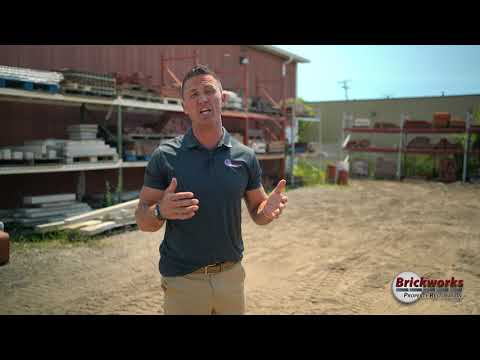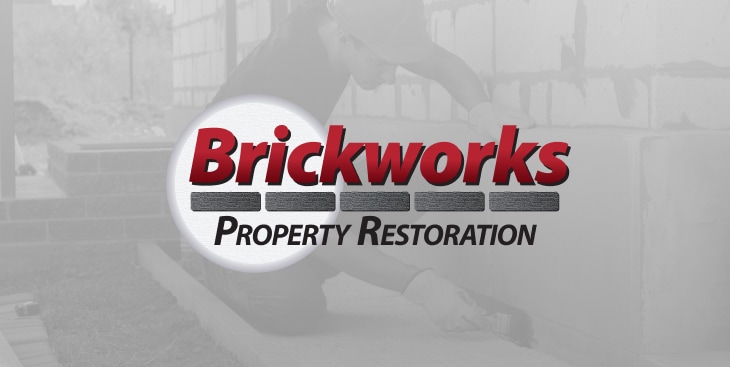

The Ultimate Guide to Masonry Mortar
Masonry mortar is an adhesive substance comprised of cement, sand, and lime. Masons use mortar for a variety of different projects and in a variety of ways, but it often acts as the “glue” that holds structures together. So while mortar is still very much used in the brick-laying process, it has other applications as well. In addition, there are different types of mortar that are made up of unique materials and mix ratios. And certain home-improvement projects require specific mortars. Here, we’ll break down everything you need to know about masonry mortar:
Different Types of Masonry Mortar
In general, there are four (sometimes five) different types of masonry mortar mixes. They are: N, M, O, and S. (K is a specialized mortar mix, typically used in restoring old buildings that have a weaker structural composition.) Mortar mixes N and O are the two mortar mixes that are most often used in DIY restoration projects.
N Mortar Mix
N mortar mix is the “general application” mix. It’s designed for above grade usage and is suitable for both indoor and outdoor applications. This is also the mortar used in soft-stone masonry projects.
O Mortar Mix
Type O mortar mix is, comparatively, the weakest type of mortar mix available. As such, homeowners should not use type O mix for any for any projects involving a building’s foundation or load-bearing walls. Rather, type O mix is perfect for smaller undertakings like tuckpointing or repointing a brick exterior. (For more information on the process of tuckpointing, check out our blog here.)
M & S Mortar
Both M and S mortar mix are used for below grade, heavy load-bearing projects. These undertakings include foundation repair, chimney repair, restoring load-bearing walls, strengthening patios, laying driveways, and repairing sewers. Type S and type M mixes are significantly stronger than type N and O, and homeowners will rarely use them in for DIY repairs.
Mortar vs Grout vs Concrete
Mortar is similar to other construction materials such as grout and concrete. Grout is composed of cement, sand, and water –– just like mortar –– but doesn’t contain any lime. As a result, grout is thinner and doesn’t have the adhesive properties of mortar. Professionals may use grout to patch holes in tiles, for instance.
Similarly, concrete is also composed of cement and sand, but instead of lime, it contains gravel. Concrete is used for a number of different projects and acts as a building block for structures like patios or driveways.
Mortar Costs and Best Practices
Masonry mortar may cost anywhere from $2-$3 per square feet. That might not sound like a lot, but considering the amount of mortar needed for foundation repairs, for instance, the total cost may end up exceeding a thousand dollars. For smaller home repairs such as tuckpointing, it is possible to purchase, mix, and apply mortar on your own. However, it’s recommended to consult with a professional before you do so. Even seemingly “simple” home improvement projects can go awry quickly and end up costing you a hefty amount in the long run.

Final Thoughts
At Brickworks, we have years of experience tackling an array of home-improvement projects. We’re masonry experts, and we’ll help you fix any issue you’re dealing with. Contact us today for more information or if you’re in need of an inspection!
Contact Us
Contact Us Today


We're Built on a Foundation of Excellence
Check Out Our Awards & Certifications
- Angi Super Service Award 2023
- Nextdoor Neighborhood Favorite 2023
- A+ Better Business Bureau Rating
- Certified by the Environmental Protection Agency
- Certified Chimney Sweep

